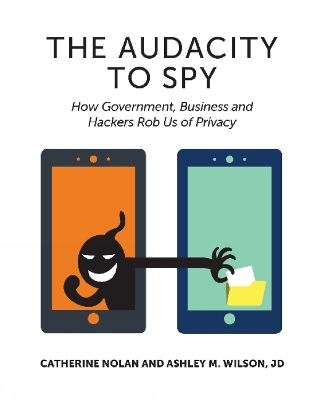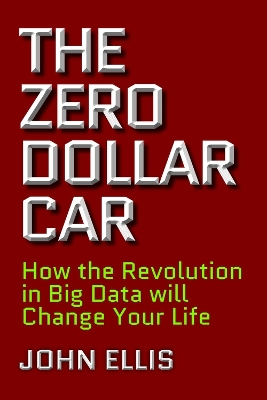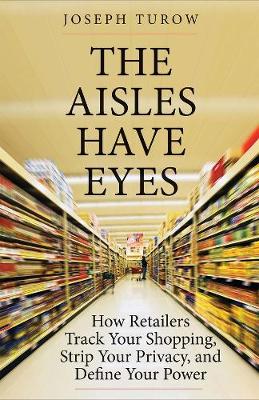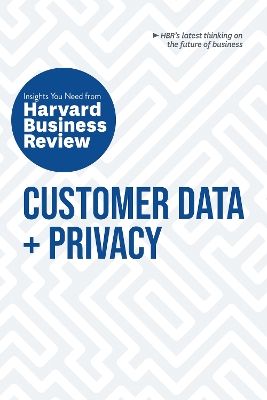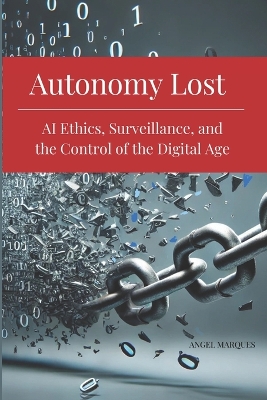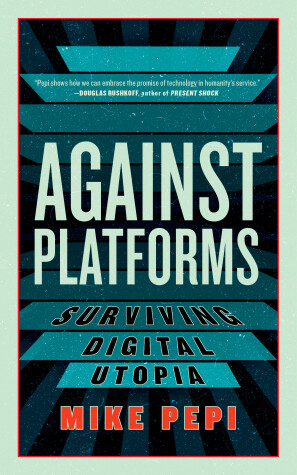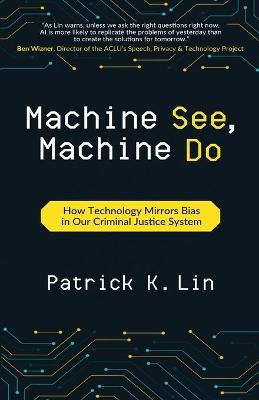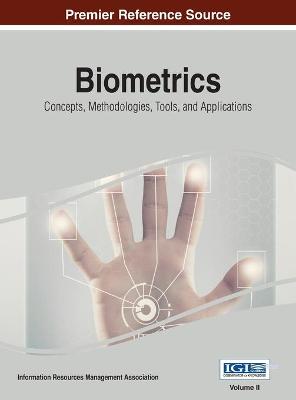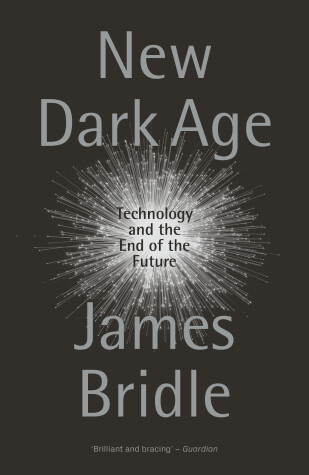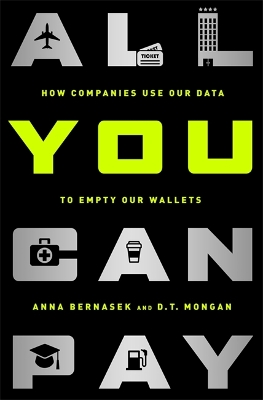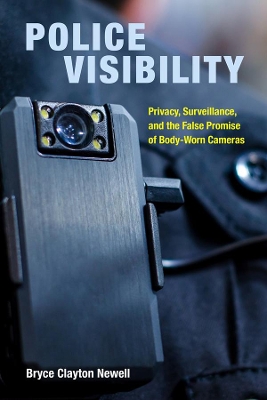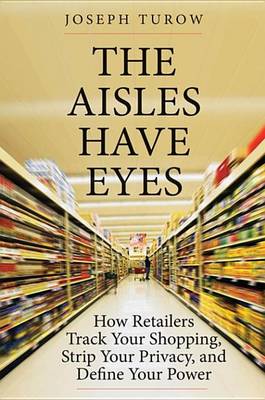A revealing and surprising look at the ways that aggressive consumer advertising and tracking, already pervasive online, are coming to a retail store near you By one expert’s prediction, within twenty years half of Americans will have body implants that tell retailers how they feel about specific products as they browse their local stores. The notion may be outlandish, but it reflects executives’ drive to understand shoppers in the aisles with the same obsessive detail that they track us onlin...
Customer Data and Privacy: The Insights You Need from Harvard Business Review (HBR Insights)
Collect data and build trust. With the rise of data science and machine learning, companies are awash in customer data and powerful new ways to gain insight from that data. But in the absence of regulation and clear guidelines from most federal or state governments, it's difficult for companies to understand what qualifies as reasonable use and then determine how to act in the best interest of their customers. How do they build, not erode, trust? Customer Data and Privacy: The Insights You Nee...
HISTORIA DE LA GUERRA SUBVERSIVA EN ARGENTINA - 1930 a 1983
by Luis Anunziato
We live in an age of digital ID. Through the digitisation of our biometric and demographic selves, digital ID converts human beings into digital data, which in turn mediates access to services and rights – be they public or private, commercial or not-for-profit, essential or non-essential. Allegedly designed to improve services, and to aid humanitarianism and social inclusion, digital ID has multiple hidden complexities. From denying access to essential goods, to algorithmic bias, to the sharing...
A bold and imaginative critique of the hidden costs of digital life – and a manifesto for a better future . . . At the turn of the millennium, digital technologies seemed to have immense promise for transforming our society. With these powerful new tools, the thinking went, we would be free to live our best lives, connected to our communities in ways full of infinite potential. A quarter of a century on, this form of utopianism seems like a cruel mirage. Our lives are more fragmented and press...
We live in times of increasing inscrutability. Our news feeds are filled with unverified, unverifiable speculation, much of it automatically generated by anonymous software. As a result, we no longer understand what is happening around us. Underlying all of these trends is a single idea: the belief that quantitative data can provide a coherent model of the world, and the efficacy of computable information to provide us with ways of acting within it. Yet the sheer volume of information available...
Library Patrons' Privacy
by Sandra J. Valenti, Brady D. Lund, and Matthew A. Beckstrom
A quick, easy-to-read synthesis of theory, guidelines, and evidence-based research, this book offers timely, practical guidance for library and information professionals who must navigate ethical crises in information privacy and stay on top of emerging privacy trends. Emerging technologies create new concerns about information privacy within library and information organizations, and many information professionals lack guidance on how to navigate the ethical crises that emerge when information...
You don't care who can access your data because you have nothing to hide. But what if corporations were using that data to control your decisions?As millions of consumers carry on unaware, powerful corporations race to collect more and more data about our behaviours, needs, and desires. This massive trove of data represents one of the most valuable assets on the planet.In All You Can Pay , Anna Bernasek and D. T. Mongan show how companies use what they know about you to determine how much you a...
Todo El Mundo Miente (Narración En Castellano)
by Seth Stephens-Davidowitz
Presents a comprehensive history of the evolution of free speech in America over the last century.
A behind-the-scenes look at how digital surveillance is affecting the trucking way of lifeLong-haul truckers are the backbone of the American economy, transporting goods under grueling conditions and immense economic pressure. Truckers have long valued the day-to-day independence of their work, sharing a strong occupational identity rooted in a tradition of autonomy. Yet these workers increasingly find themselves under many watchful eyes. Data Driven examines how digital surveillance is upending...
When the possibility of wiretapping first became known to Americans they were outraged. Now, in our post 9/11 world, it’s accepted that corporations are vested with human rights, and government agencies and corporations use computers to monitor our private lives. David H. Price pulls back the curtain to reveal how the FBI and other government agencies have always functioned as the secret police of American capitalism up to today, where they luxuriate in a near-limitless NSA surveillance of all....
Police Visibility presents empirically grounded research into how police officers experience and manage the information politics of surveillance and visibility generated by the introduction of body cameras into their daily routines and the increasingly common experience of being recorded by civilian bystanders. Newell elucidates how these activities intersect with privacy, free speech, and access to information law and argues that rather than being emancipatory systems of police oversight, body-...
The Aisles Have Eyes
by Robert Lewis Shayne Professor and Associate Dean for Graduate Studies Joseph Turow
A revealing and surprising look at the ways that aggressive consumer advertising and tracking, already pervasive online, are coming to a retail store near you By one expert's prediction, within twenty years half of Americans will have body implants that tell retailers how they feel about specific products as they browse their local stores. The notion may be outlandish, but it reflects executives' drive to understand shoppers in the aisles with the same obsessive detail that they track us onlin...
